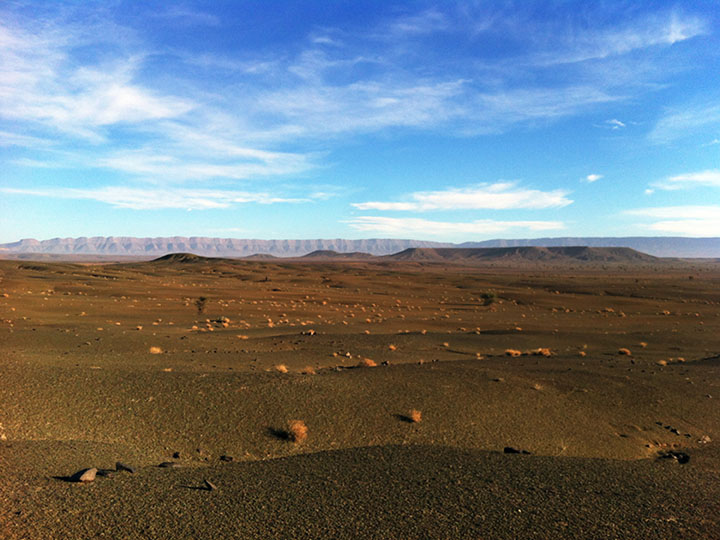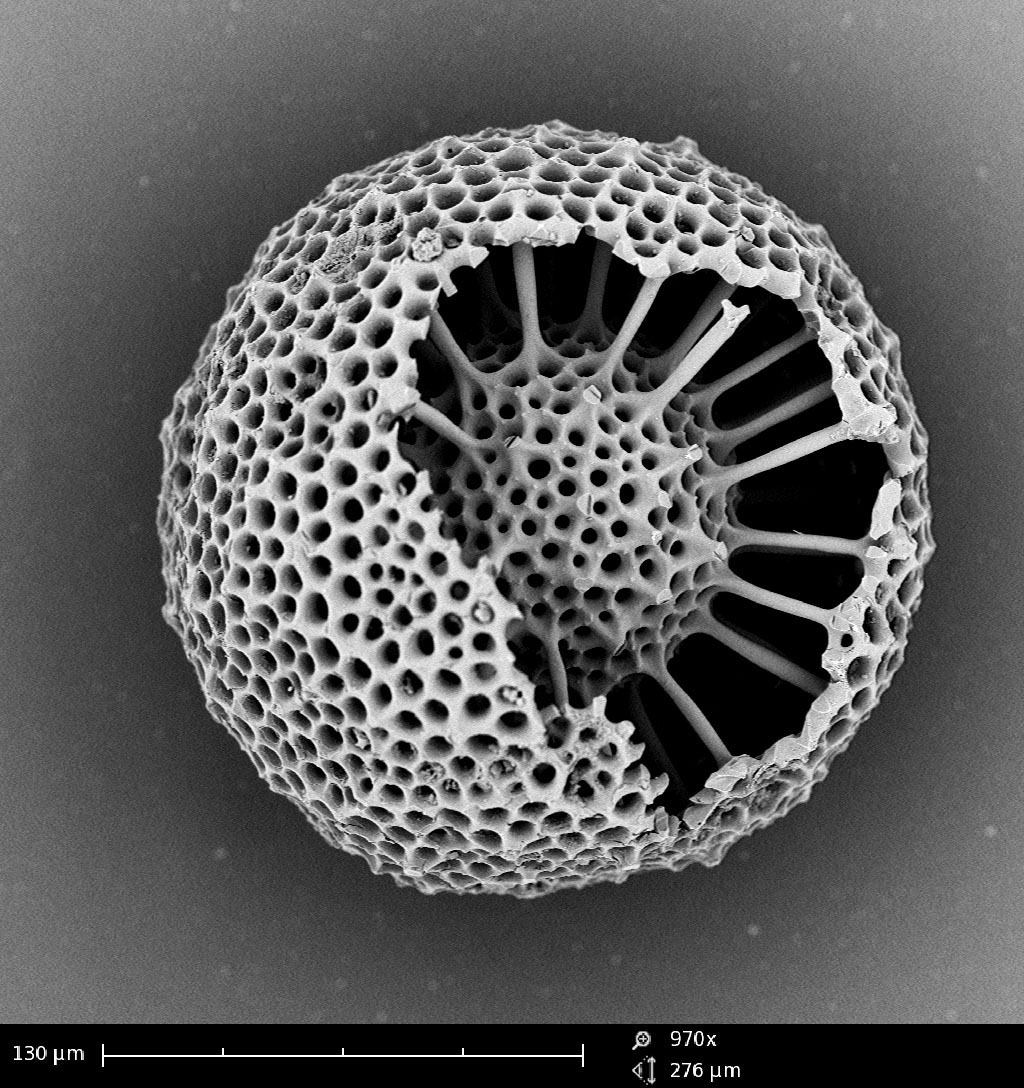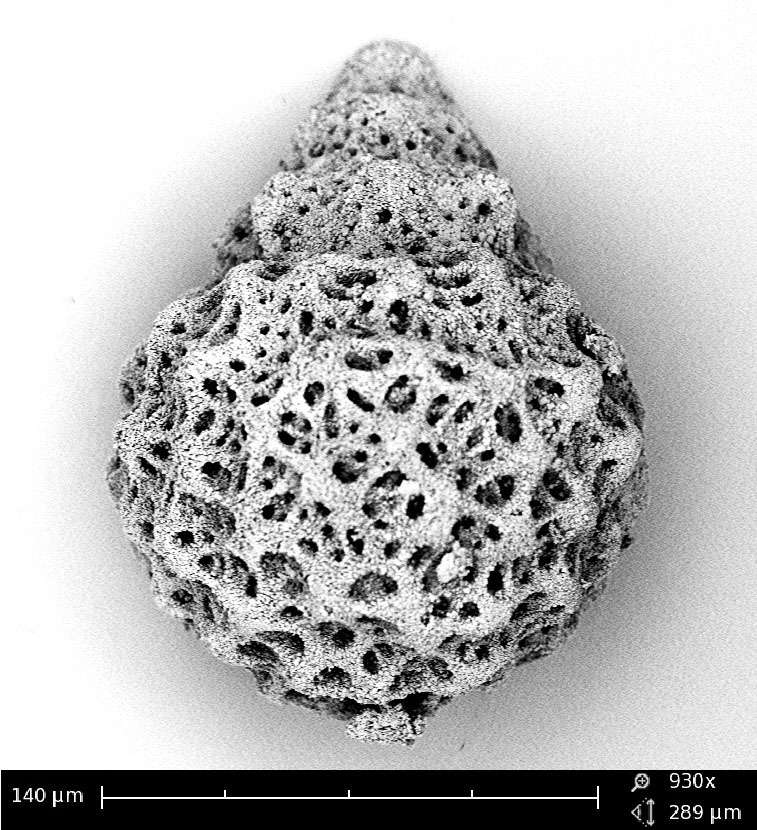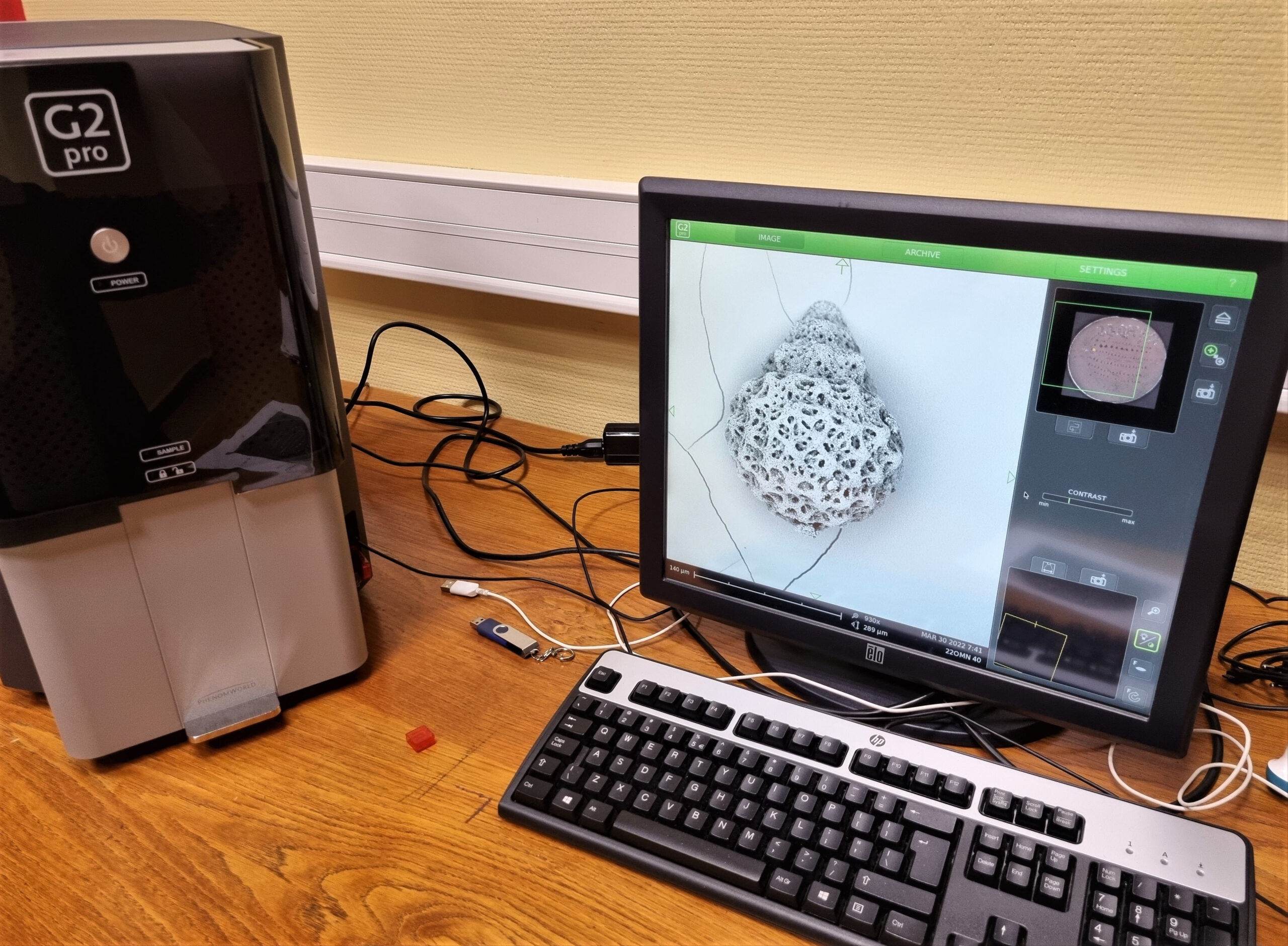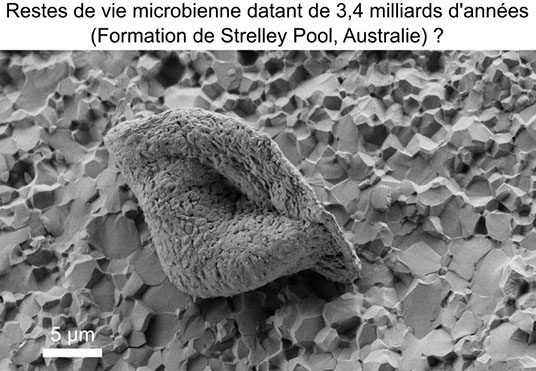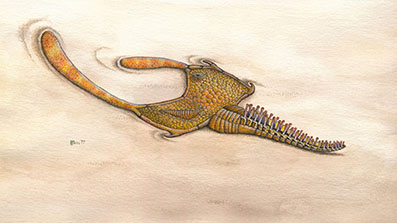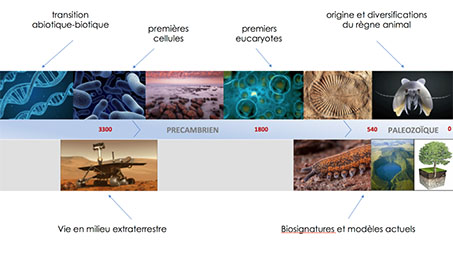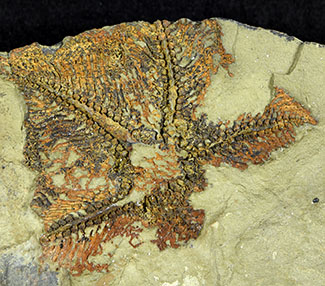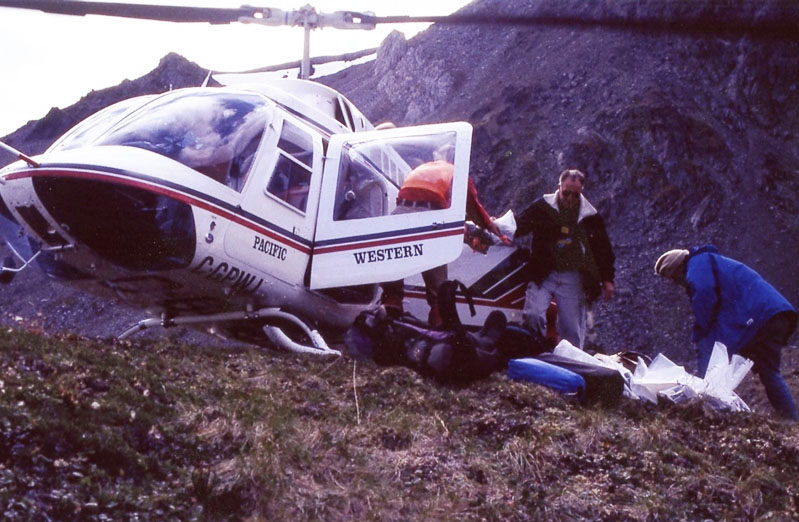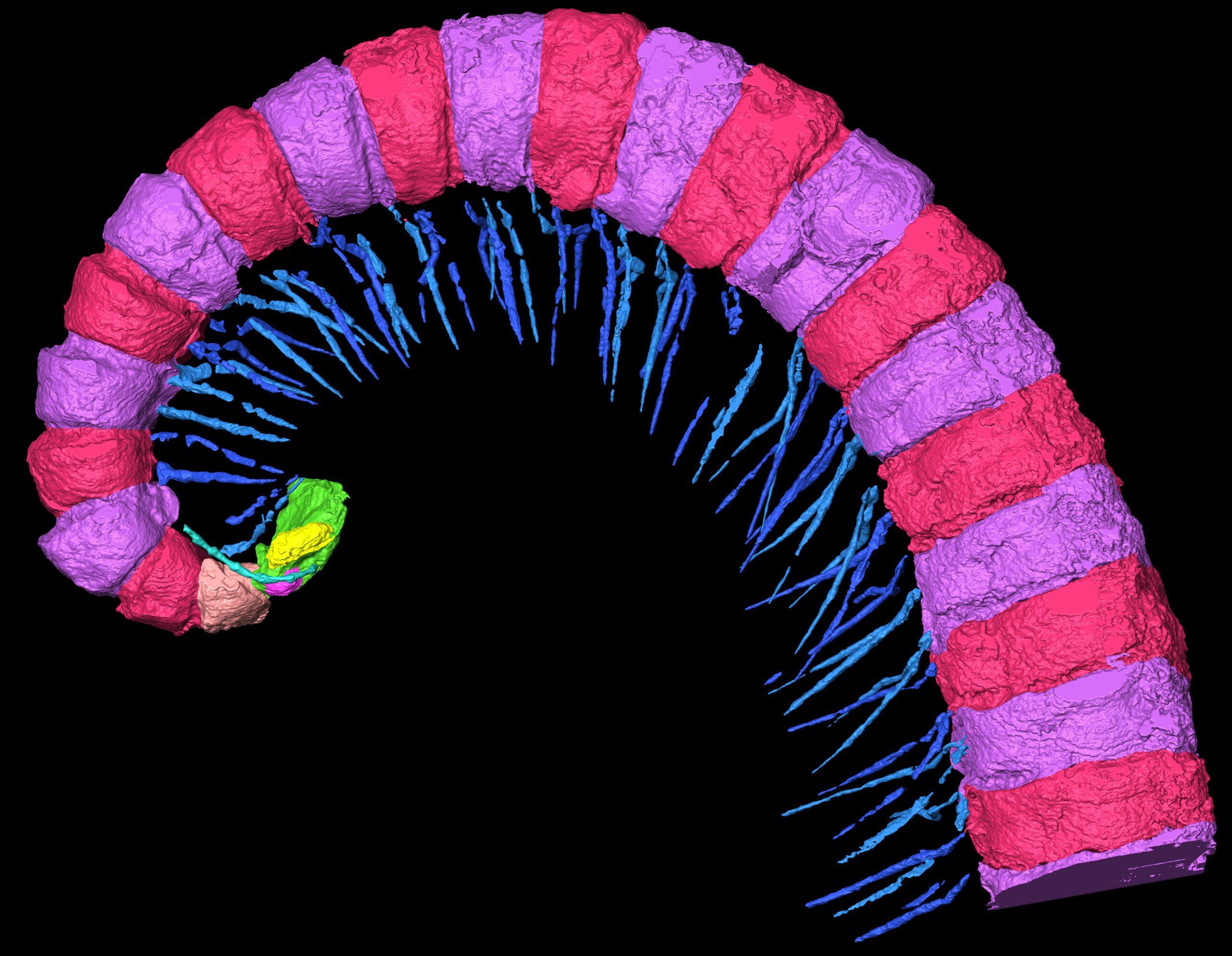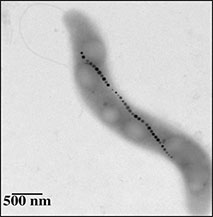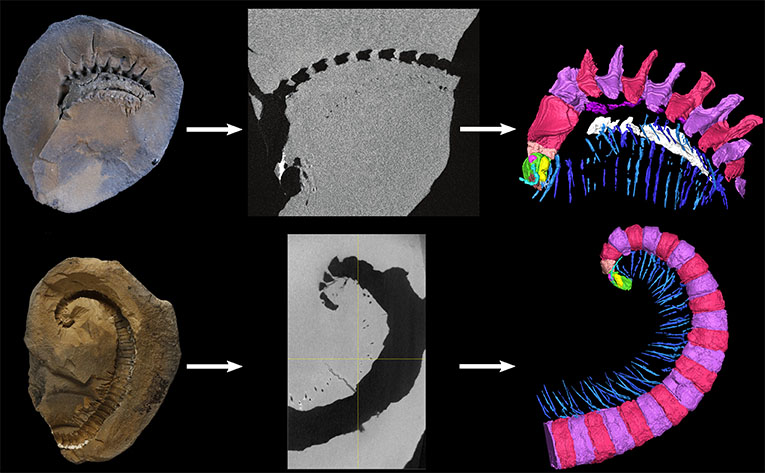Biosignatures and Primitive Life
Coordinators: Laurence Lemelle et Bertrand Lefebvre
Email addresses: laurence.lemelle@ens-lyon.fr – bertrand.lefebvre@univ-lyon1.fr
Research themes:
- Prebiotic environments
- Recognition and characterisation of the first cells and traces of life
- Chronology, evolutionary rhythms and dynamics of the first animal biodiversifications
- Isotopic metabolism of metals essential to life
- Adaptation of micro-organisms to the environment and biogeochemistry of extreme environments
- A tooth against autism
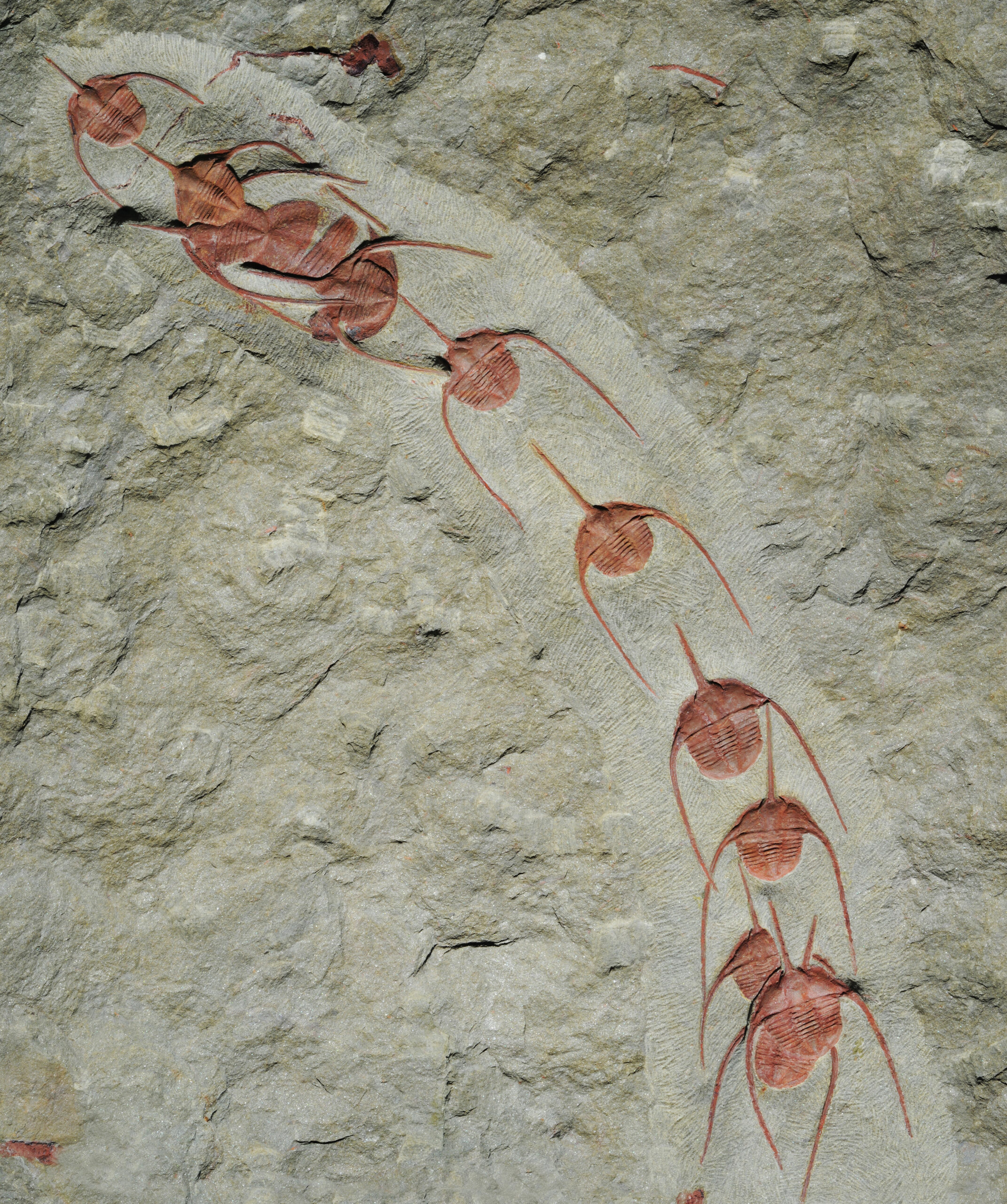
Description :
The BPL theme focuses its research on the conditions and mechanisms that accompanied the appearance of life on and off Earth, its adaptation and early development, and the characterisation of associated (bio)signatures (fossils, geochemical markers). The work combines the study of natural systems (palaeontological prospecting, extreme (primitive) environments, microbial, animal and human metabolisms) with an experimental laboratory approach, based on various state-of-the-art experimental and analytical platforms (local and national).
Key statistics during the period 2020-25:
Permanent staff
PhD Students
Post-docs
List of participants:
View all related news:
Formation of H2, CH4 and organic compounds during serpentinisation experiments:
-
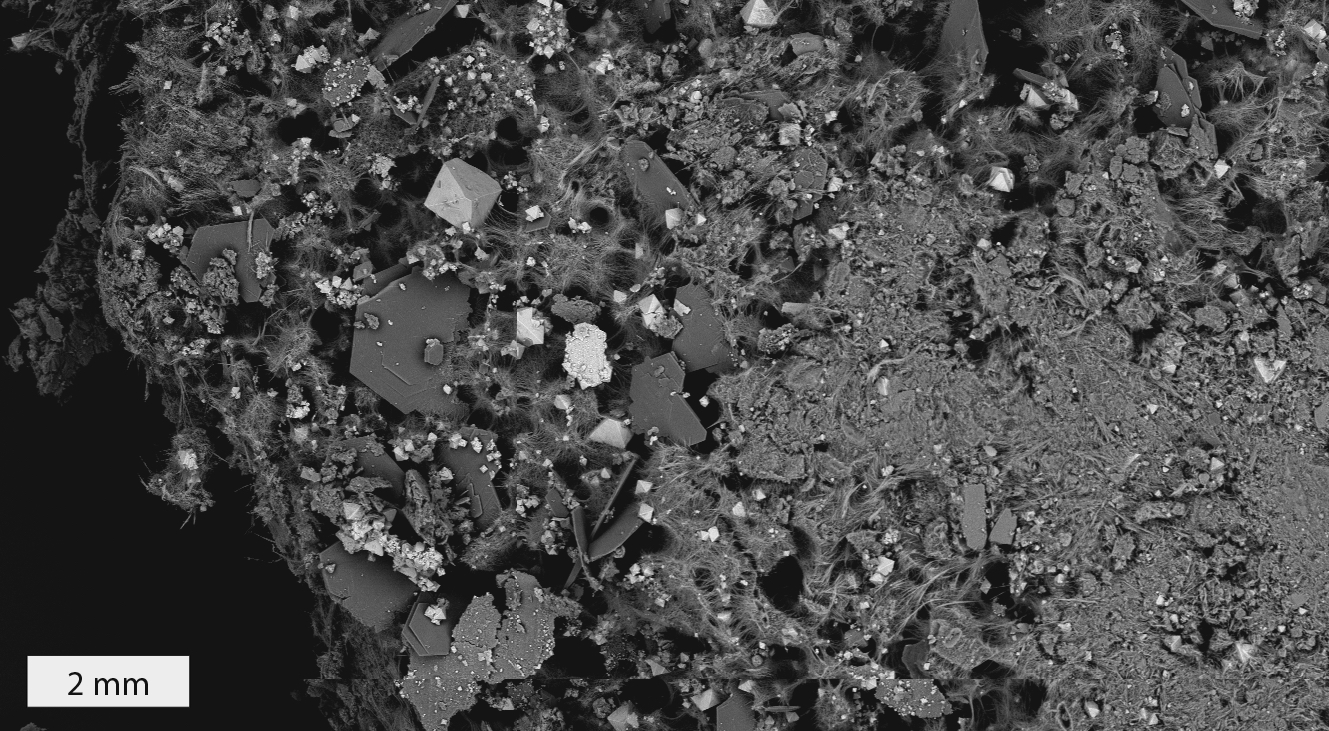 Download
DownloadExperimental Database
The following database (Huang et al, 2020) compiles the results and statistical analysis of 30 scientific papers dedicated to the experimental study of the serpentinisation reaction, including more than 100 experimental parameters and about 30 inorganic and organic products. It allows discussion of the key parameters controlling the efficiency of the production of H2, CH4 and other organics during this reaction, which is essential for guiding the design of future experiments. For more information on the in-depth machine learning analysis of the database, see Barbier et al. 2020.
Opposite: SEM image of a post-experiment sample, serpentine, brucite, magnetite and olivine remnant.
XLSX - 415 KB
